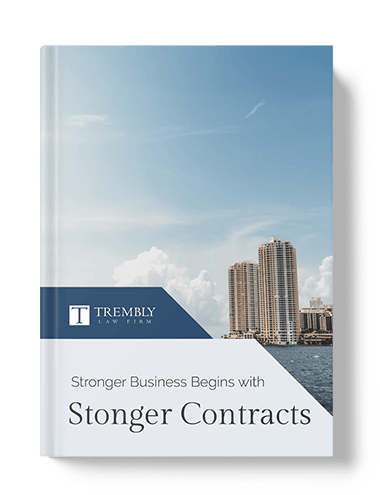If you are looking to buy a business, or you’ve got an existing business that is growing rapidly, you’ll want to understand the basics of franchising versus licensing. Both of these tools can be very valuable, but they each have vastly different requirements and effects.
What Is Franchising?
Franchising has grown in popularity over the past half century, and perhaps was tested and perfected in the fast food industry. For example, McDonald’s Corporation doesn’t own each individual restaurant, they grant business owners the right to buy into the franchise and operate individual restaurants, and they collect royalty and marketing fees in return. Truly, franchisors are making money with “OPM” (Other People’s Money).
This model is beneficial for both parties as the franchisor gets to reduce risk while still enjoying growth, and the franchisee gets to start their business using a proven model along with name recognition and pooled marketing funds. The right types of franchises have a higher success rate than new start-ups such as “Joe’s Burger Shack,” for example. But that doesn’t mean franchising is right for everyone.
What is Licensing?
Certain companies may opt to “license” out their systems, products, names, logos, etc. for use by another entity or individual. Under this business model, the licensor may not control or dictate the precise way the licensee conducts business, even though they can (and should) include certain safeguards. Licensing can be a great way for the licensor to quickly grow their product or service line, but they must be careful not to try to control the licensee, or a court could find the licensor should have been a franchise, and major fines could ensue.
Two Excellent Options
It is important to note that these options offer excellent opportunities business owners looking to expand without taking on significant financial risk. For the licensee or franchisee, it’s an opportunity to buy in to an existing business with a proven model (and proven financials) rather than having to reinvent the wheel and start from scratch.
If you’d like to discuss these options further, or if you have additional legal questions relating to your business, we’d love to talk. Please contact us today to learn more!

















